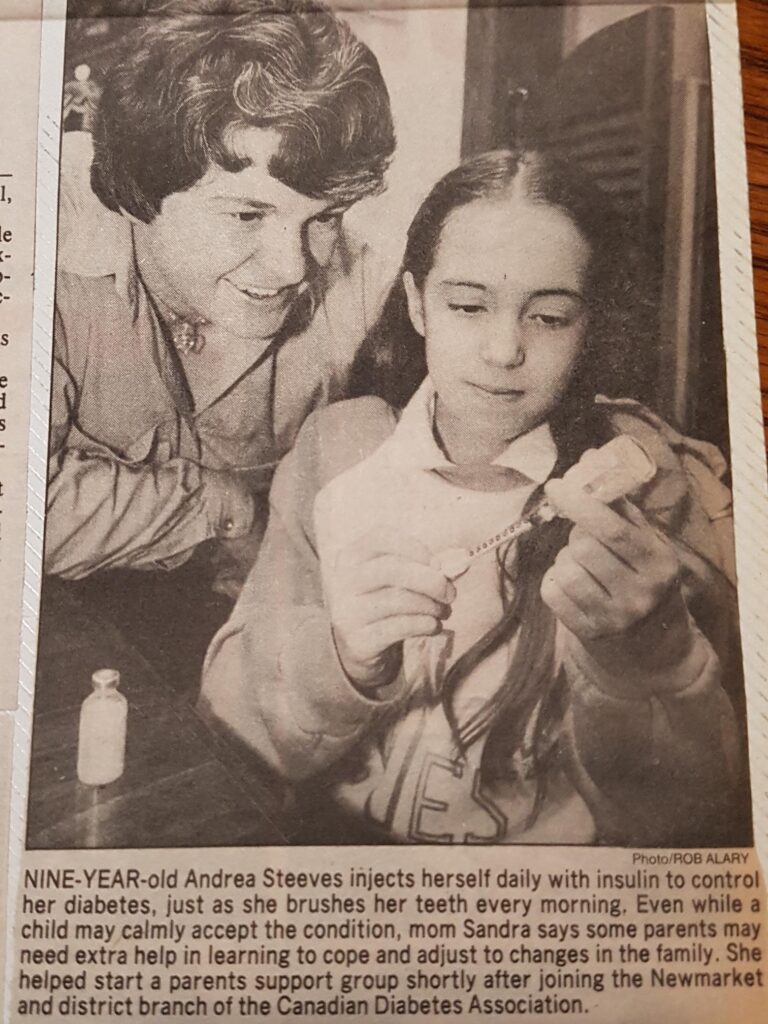World Diabetes Day was created in 1991 by IDF and the World Health Organization as a response to the escalating threat posed by diabetes. While 1 in 10 adults have diabetes, many are still undiagnosed, and there is a growing number of children diagnosed with diabetes. Diabetes is a chronic health condition that affects how the body turns food into energy. Normally, sugar comes from carbohydrates needed to fuel the body’s cells. When the pancreas does not develop enough insulin, or any at all, too much blood sugar stays in the bloodstream.
Serious health problems such as heart disease, nerve damage and eye issues can occur if lifestyle changes are not made and/or medication taken. There are multiple types of diabetes, but the most common are Type 1 and Type 2. Type 1 or juvenile diabetes is often genetic, and the rate of diagnosis is lower. Type 2, or adult-onset diabetes, can sometimes be prevented by adopting or maintaining healthy lifestyle choices. We wear blue for World Diabetes Day!
Andrea B., Family Engagement Program Manager, shares her experience of living with diabetes and the way it has shaped her resiliency and advocacy.

“I was only seven years old when doctors told me I had type 1 diabetes and would need to give myself needles – multiple times a day – just to stay alive. At that moment, I was so sick that I would have done anything to feel better. As the weeks wore on and I started to feel better, there were moments when life seemed unfair. I was diagnosed in October and remember how tough Halloween felt that year. All my friends raced home to eat candy, and I came home and gave mine to my brother.
Allowing me to return to school after my diagnosis must have been hard for my mom. She had just learned how to be my pancreas. It was hard enough when I was at home, balancing my food, exercise and medication. She had a lot of sleepless nights checking my sugar just to make sure I would wake up in the morning. One of the first things my mom did was look for a parent support group. Not finding one locally, she created one and started working for the Canadian Diabetes Association! Within a few years, she had developed a youth group as well. I guess family support and engagement runs in my genes!

Technology wasn’t what it is today. It was 6-10 finger pokes a day to test my blood sugar and strict medication dosing. I was a pretty independent kid, though. I did not want anything to stop me. In fact, when the nurses wanted me to practice giving myself a needle using an orange, I refused and made them teach me to do it on myself right away! That fierce independence has served me well over the years. I had to learn to advocate for myself when offered treats I could not have or when my blood sugar felt too high or too low, and I needed to go to the office for a shot or a snack. I wish I could tell that little girl how amazing technology is now. No more finger pokes since my phone tracks my blood sugar in real time. My insulin pump is my new pancreas and allows me to eat what I want and be active (or not!) and still stay in control. Despite the difficult road I’ve tread, I can now demonstrate the importance of resiliency and advocacy to my own children.”
Check out more Grandview Kids articles
- Celebrating Ahaana: Finding sound, strength and community on Cochlear Implant Day
- Navigating the intersection of disability and race as a caregiver: Honouring Black History Month
- Embracing hope through every challenge: Brock’s journey
- Jack’s resilience shines through every step: Rare Disease Day
- February: Dates of Significance
